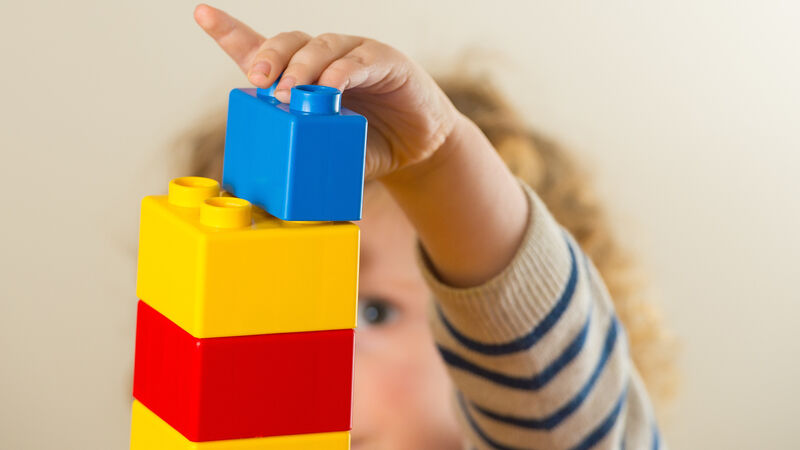Joyce Fegan: Can you afford to be a mother and an employee too?

In a 2015 German study, parents said they found the first two years of parenting more stressful than unemployment or the loss of a partner.
Try from €1.50 / week
SUBSCRIBE
In a 2015 German study, parents said they found the first two years of parenting more stressful than unemployment or the loss of a partner.
IN the confines of many mothers’ homes and minds the thinking is: “There is something wrong with me.”
Their perceived failings vary from day to day but they are common across the board.
Already a subscriber? Sign in
You have reached your article limit.
Annual €130 €80
Best value
Monthly €12€6 / month
Introductory offers for new customers. Annual billed once for first year. Renews at €130. Monthly initial discount (first 3 months) billed monthly, then €12 a month. Ts&Cs apply.
CONNECT WITH US TODAY
Be the first to know the latest news and updates
Newsletter
Sign up to the best reads of the week from irishexaminer.com selected just for you.

Select your favourite newsletters and get the best of Irish Examiner delivered to your inbox
Sunday, February 8, 2026 - 5:00 PM
Sunday, February 8, 2026 - 6:00 PM
Sunday, February 8, 2026 - 1:00 PM
© Examiner Echo Group Limited